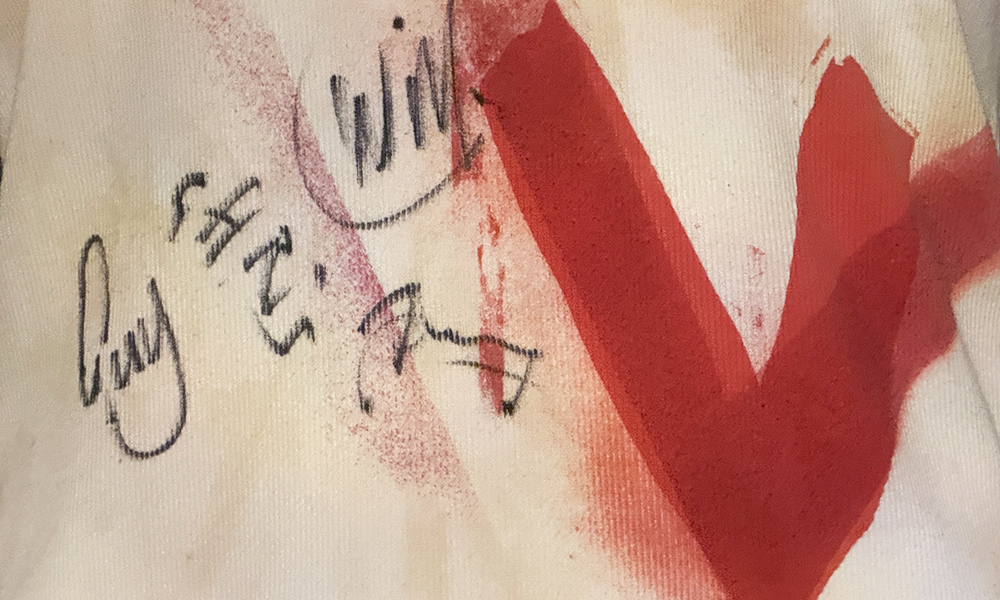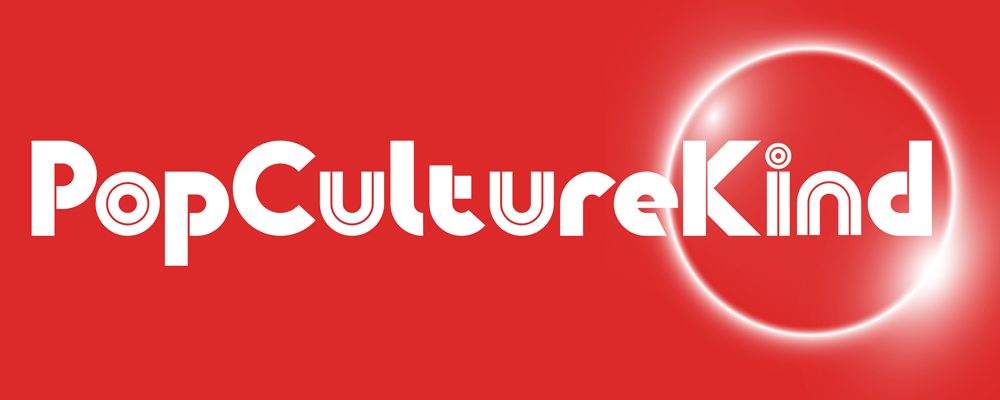Collecting 101: Rock & Roll Memorabilia

There many possible tips and advice for those contemplating starting a collection of stage used, studio used and career oriented gear, guitars, costumes and other items from their favorite bands and musicians. What follows are some general thoughts and experiences about collecting these items as I am just launching this new website and brand.
What Are Stage Used, Studio Used and Career and Personally Owned Rock & Roll Gear, Costumes and Items?
The cornerstone of this hobby is collecting band and artist owned memorabilia, from costumes, guitars and other instruments used on stage, on tour and in studio to just career used and personally used items. So what are they?
In the mainstream collecting circles, vinyl albums, signed and autographed items and key merchandise and memorabilia is very common.
The subject of this article and website are those more rare and elevated items that go beyond what is commonplace among music fans.
Guitars, drums, amps, and other gear, instruments and equipment used by bands and artists are the actual items that they use in their career, whether recording music in studio or going out on live shows and tours or seen in music videos and other promotional uses. These are the actual items used for these purposes. At some point, these items are retired or abandoned and even discarded or sold as what they are, with no concern or attribution as to their (sometimes historic) use by the musician.
So those who are in this hobby and collecting field seek out these items as memorabilia to be saved, archived, researched and treasured as a representation of a song or the music made by artists that we follow and appreciate.
How Can You Know What Is “Real”?
This is the most challenging aspect of this collecting field. There are a number of ways to determine authenticity and genuineness of an item, but in many cases it is simply not possible.
Some items are sold into the marketplace in an official capacity (such as a band putting used gear up for sale in an official Reverb store). These are official offerings with items coming from the band or artist or their representatives and offered for the very first time. This is very optimal for collectors because there is no issue or concerns about these items being actual assets by the band or artist.
Having said that, actual use and type of use and which items were used and seen on tour, in studio or other optimal uses is another question (which oftentimes can be answered definitively), but there are layers of considerations with these items, many of which ultimately affect market value (which is about context, use, rarity, and other factors).
Some items come into the marketplace from an individual artist or band or someone close to them and may be offered into the marketplace on eBay, Reverb, music shops and other outlets (even Craigslist).
However, having said all of that, there are of course risks involved and doing research and due diligence is always paramount. There are those who make false attributions to items, so there needs to be some chain of ownership that has been memorialized or otherwise demonstrated that definitively ties the item to the cited source.
As such, there is always risk involved in buying items in this marketplace.
Where Can I Buy Items?
These types of pop culture artifacts are offered for sale in a variety of ways, including auctions, websites, Reverb, eBay and direct (private) sales. Each involves their own positives and negatives.
Auctions are very common and positives include a level of public vetting, as these auction events are announced usually weeks to a month or so in advance with details and photos of items being put online and in catalogs. Because of this, the hobbyists at large sometimes talk about and call out problematic lots in these sales in advance, but the collecting community for rock and roll items is dwarfed by the size and scope of the collecting community for Hollywood props and costumes
Additionally, items offered at auction typically bring top dollar because of the public nature of the sales as well as the advance notice and competition among bidders/prospective buyers. There are also additional fees involved, from a “Buyer’s Premium” (an additional fee on top of the “Hammer Price” ranging from usually 10%-30%) as well as other fees like “Online Service Fees” (another 3% on average for bidding online vs in person or by phone) and credit card fees, sales tax, packing and shipping fees and sometimes other fees (import/VAT if buying from an overseas auction).
Another marketplace option are websites that offer things for sale at fixed prices. Dealers in this space have varying reputations with regards to authenticity, customer service, length of time in business, value of COAs (Certificates of Authenticity) if any at all, etc. Reverb typically does not have much of these types of items on their site outside of their official artist stores.
How Do I Learn More About Collecting?
The best resource available to new collectors are other collectors. The most fundamental task that anyone interested in this collecting fields should take on is making time to meet and become acquainted with other collectors. It is truly critical and will not only make the hobby more enjoyable but potentially save you from making mistakes and being taken advantage of with fraud and fake items.
As noted, unfortunately, there is not currently much of an online community for these types of items (though there is for autographs, guitar picks, and related items that fall outside of the focus of this website and YouTube channel).
I will be building more discussion and networking resources myself over time.
Additional Considerations
There are many, but I wanted to make a short and concise primer here to start and over time I will build out additional content with new posts, pages and of course videos on my YouTube channel.
Please don’t hesitate to reach out to me with questions and suggestions.
Jason








